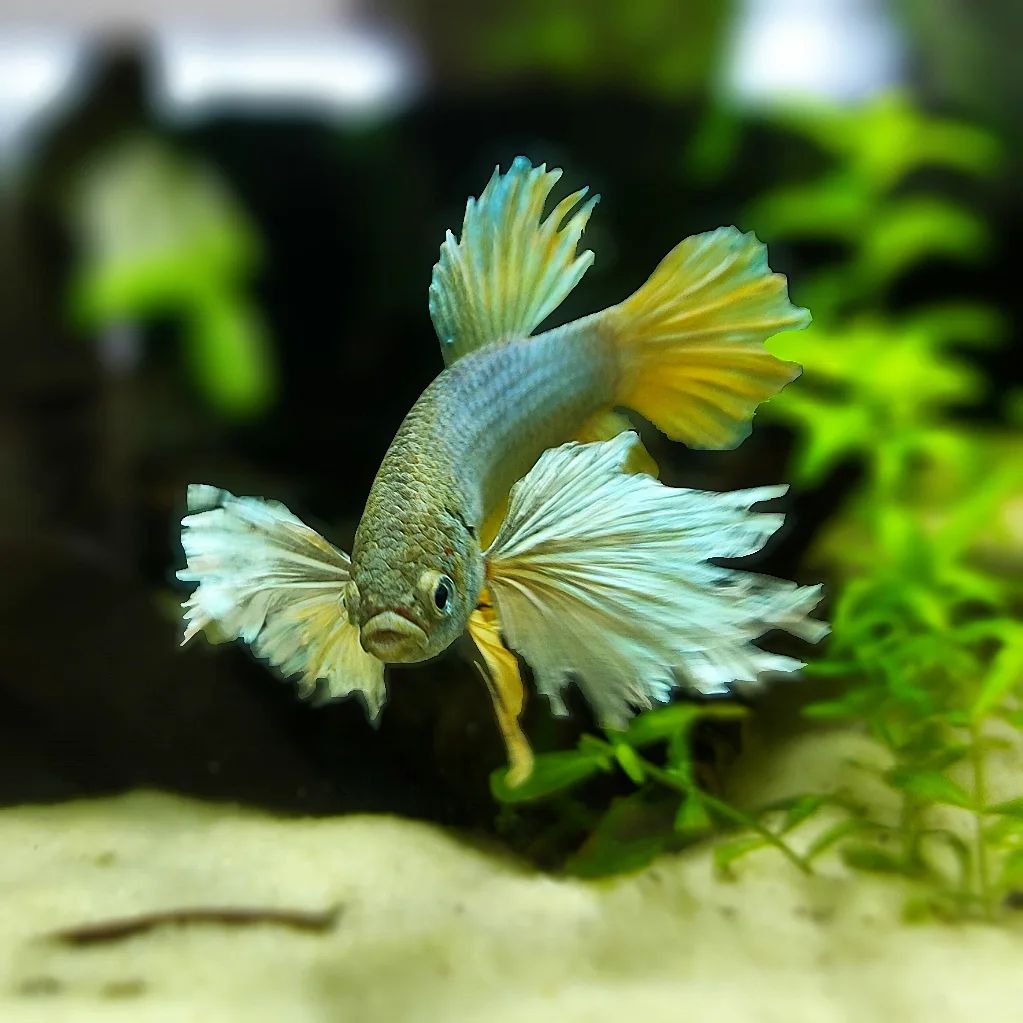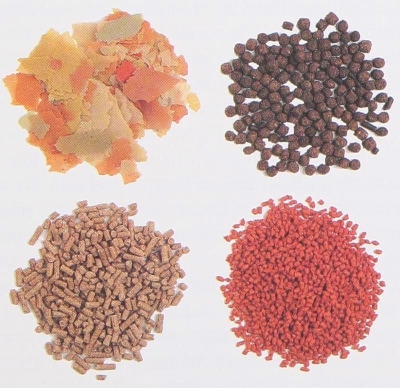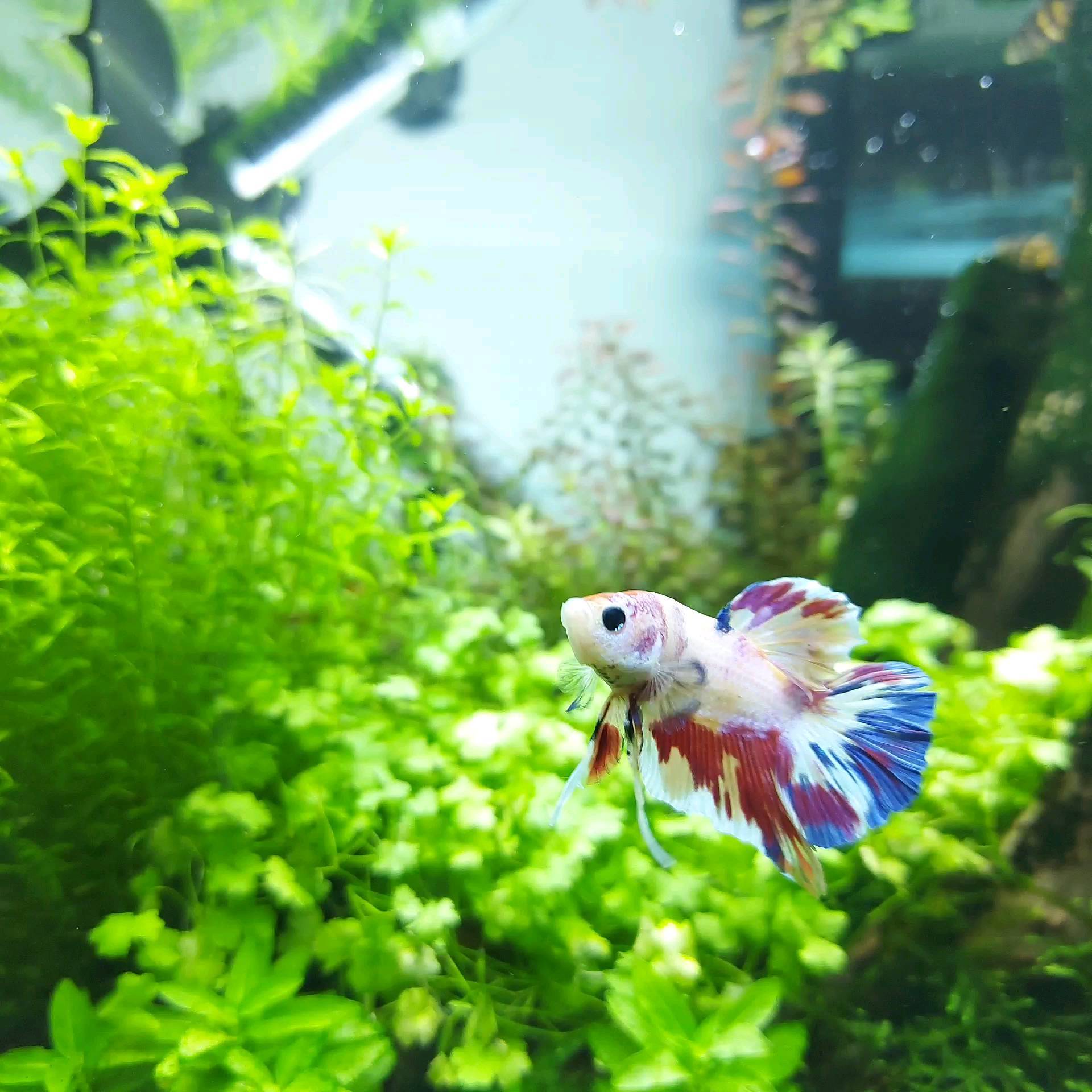
Overfeeding fish is a common issue among aquarium owners and can lead to several serious problems. Here are some reasons why overfeeding is problematic and ways to avoid it:
Problems Caused by Overfeeding Fish
- Water Quality Deterioration: Uneaten food decomposes, releasing harmful substances like ammonia and nitrates, leading to poor water quality.
- Health Issues: Overfed fish can become obese, which makes them prone to diseases and can shorten their lifespan.
- Algae Blooms: Excess nutrients from uneaten food can cause excessive algae growth, disrupting the ecological balance of the tank.
- Stress on Filter Systems: Increased waste from decaying food can overload filtration systems, making them less effective.
How to Avoid Overfeeding Fish
- Feed Smaller Portions: Offer only as much food as fish can consume in 2-3 minutes. Observing their feeding habits helps determine the right amount.
- Use High-Quality Food: Quality fish food is more nutritionally dense, meaning fish need less of it to meet their dietary requirements.
- Set a Feeding Schedule: Feed fish consistently at the same times daily to establish a routine, reducing the temptation to overfeed.
- Monitor Fish Behavior: Pay attention to fish eating habits. If they consistently leave food uneaten, reduce the portion size.
- Use Feeding Rings: These can concentrate food in one area, making it easier for you to see how much is consumed.
- Regular Maintenance: Perform routine tank cleanings and water changes to help manage waste levels, even with a slight overfeed.
- Involve Family Members: Educate anyone else who helps feed the fish to ensure everyone follows the feeding guidelines.
By being mindful and following these strategies, you can maintain a healthy aquarium environment and prevent the problems associated with overfeeding fish.

